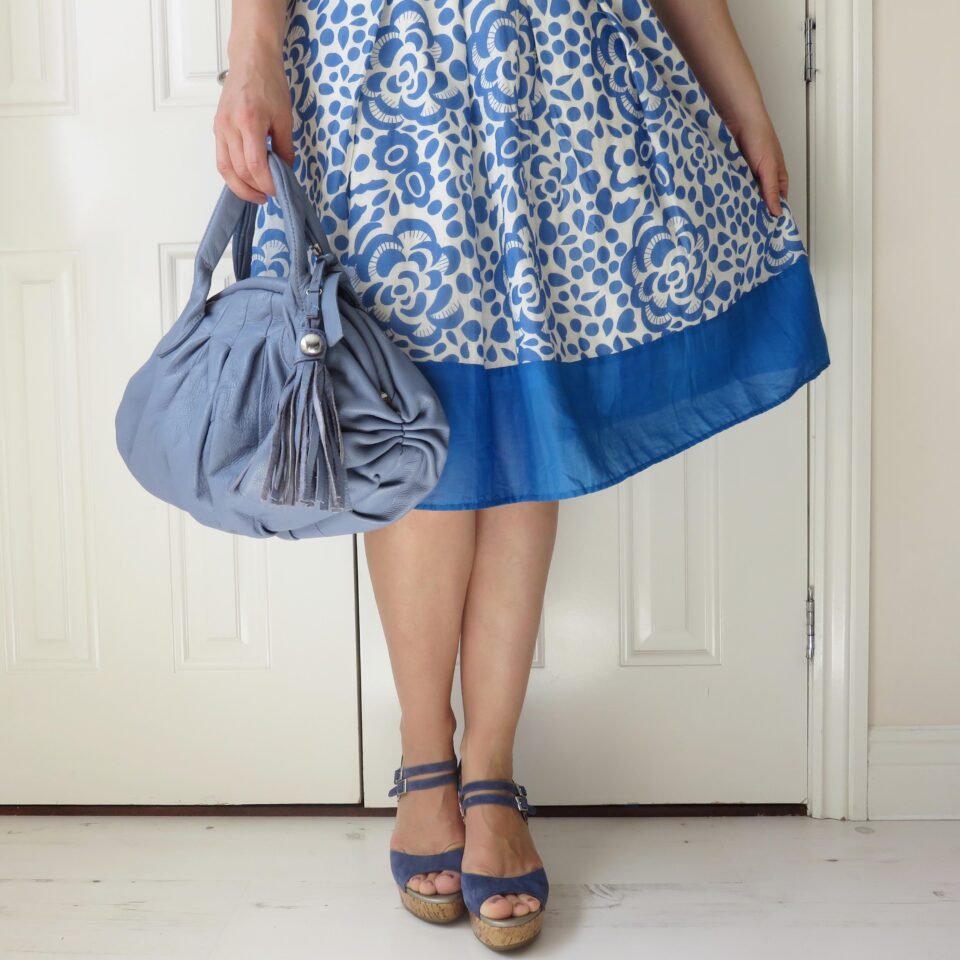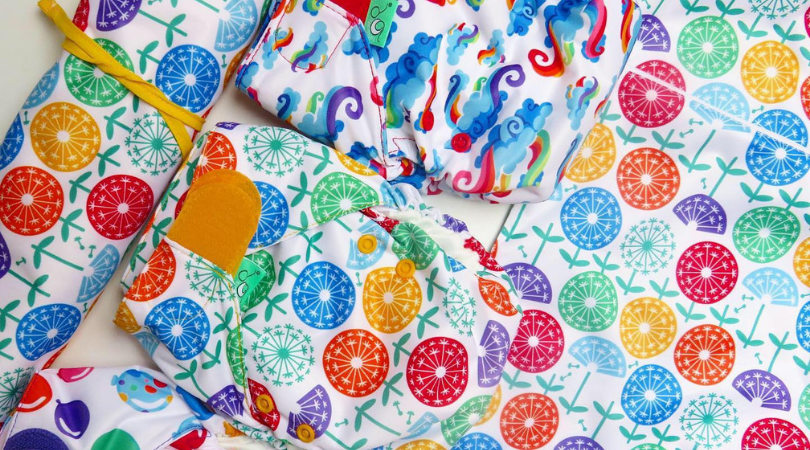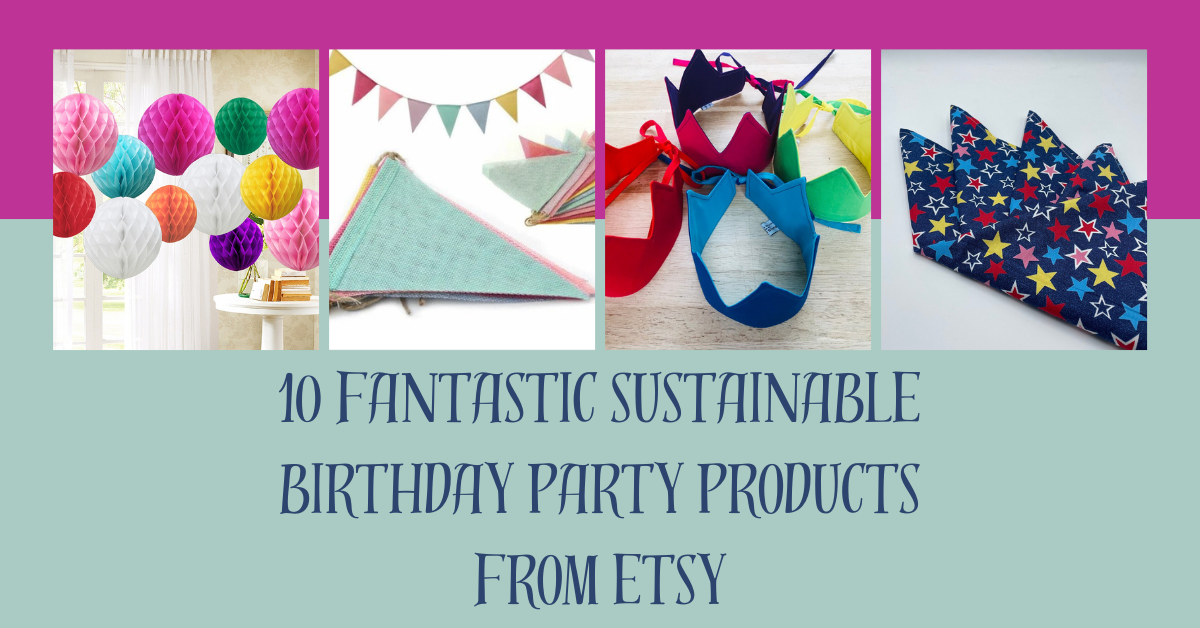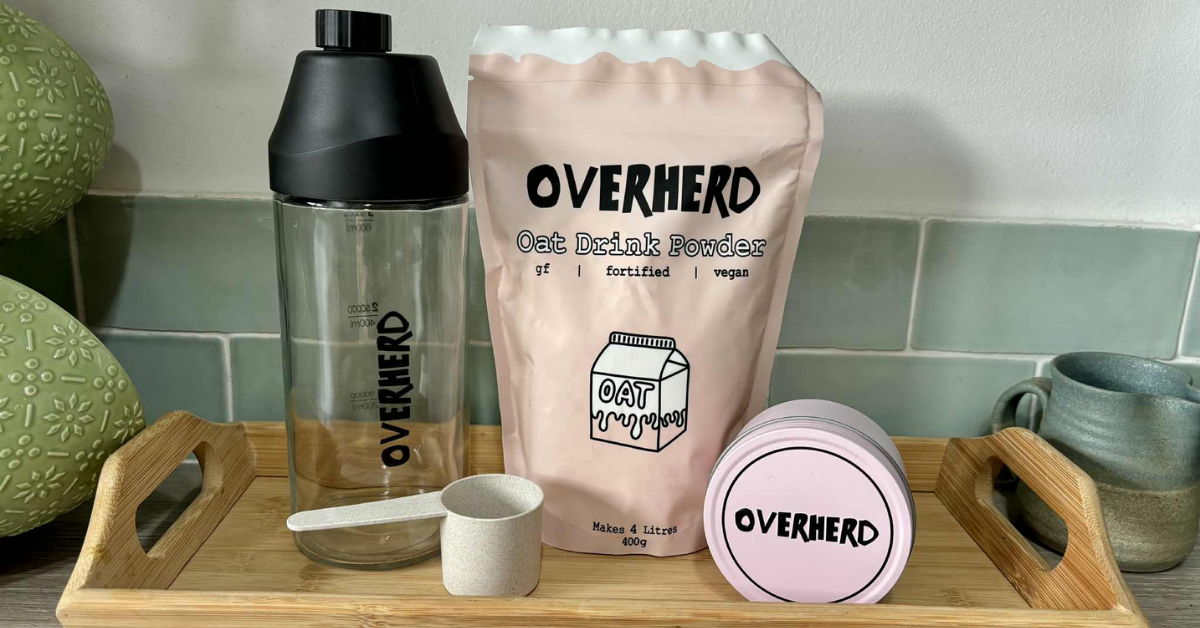
14 of The Easiest Ways to Be More Eco-Friendly

*Affiliate Links
I’m not one for making my life harder than it needs to be so when people say to me that being eco-friendly is hard work I always reply with “if it was, I definitely wouldn’t be doing it!” We already have so much going on what with the house, kids, pets, life admin, work and so on I don’t need any added stress and to be honest, living a more eco-lifestyle, in many ways, has made my life easier, less hassle and has saved me money as well as that additional waste. I guess many people conjure up images of slaving over a hot stove all day making meals from scratch, hand washing terry towels and growing all of your own food when they start to think about eco-friendly living but the small sustainable steps are the ones that truly make a difference and are the ones that once you start incorporating into your day to day life, you won’t even really notice. Here are 14 of the easiest ways to be more eco-friendly.
Choose to Reuse
I love reusables, they are useful, always to hand, you never run out and they save you money in the long term. There are many reusable options available to us including wipes, water bottles, coffee cups, flannels, straws, period products, nappies, baby wipes, beeswax wraps, lunch/snack pots and so on. You can most definitely find a reusable that will work for you and your family and easily ditch those single-use versions.
Did you know I have a list of 55 reusables you can try out here? Why not take a peek?!
Recycle
Recycling isn’t the definitive answer to our waste issues but it is a solution for some of them at this moment in time. You may already recycle all you can kerbside but you may well be surprised by how much more can be recycled at different recycling stations/points. Here in the UK many supermarkets now take soft plastics, Pets at Home can recycle your pet food pouches, glass/textiles/appliances can go to recycling points often located around towns/cities, many shops offer battery collecting tubes for recycling and for even more check out my post on where to recycle items in the UK. Some really surprised me when I was researching this.
Switch Your Bulbs
If you are currently using old-style energy-saving bulbs or even incandescent bulbs you could be using more energy without even realising it. Not only does this increase your carbon footprint but it also increases your bills! By switching to LED bulbs (as and when your old ones die out) you could end up saving up to 90% in energy consumption! You can find out more on LED light bulbs here.

Turn Things Off
Sticking with the electricity side of things, turning electricals off when they are not in use will also help to save the environment and again, your money. Items left on standby could still be using up to 15% of energy and costing you £50-£86 a year. So turning these off and even unplugging them will help you to be more eco-friendly.
Save Water
If you have the space why not add a water butt or two to your garden? These do all the work for you by collecting rainwater and allowing you to access a free source of water which won’t drain on your funds or our reservoirs. Really simple yet effective. Of course, you could also add in to this section not to leave your tap running when you brush your teeth, add water displacement bags to your cisterns, use eco settings on your washing machine and dishwasher and take shorter showers. All fairly doable, right?
Unsubscribe
We receive emails every single day but are all those wanted? Are all of those even opened? Are they deleted? I doubt it. We are all guilty of it and companies are pretty darn sneaky at somehow adding us to these lists. However, leaving these unopened emails just sitting there is in fact increasing your carbon footprint. If the average person receives 70 emails a day this equates to 17,200 emails per year which generates 84kg CO2 which is the same as 8,400 plastic bags! Why is this I hear you ask? It is because all of this data has to be stored somewhere and this has to be powered. Those emails that just sit unopened are creating a huge problem so get unsubscribing and deleting asap!
Ditch Fast Fashion
Did you know that the fashion industry is responsible for 8-10% of the total global carbon emissions? On top of this, many of these factories are highly polluting waterways, creating excess waste and using a considerable amount of fresh water to produce the materials used. And if that wasn’t enough, fast fashion has taught many of the population that their clothing should be ever-changing and this ‘wear it once and throw it away’ culture is having a huge negative impact on many countries around the world. Fashion needs to slow down, our need to shop needs to slow down so if you can create a capsule wardrobe, shop secondhand or choose sustainable clothing companies to shop with instead you will be taking massive steps towards helping the planet.

Meal Plan
1.9 million tonnes of food is wasted each year in the UK alone. This food waste will end up in landfill where it will slowly rot, creating methane gas which enters the atmosphere. One way of combatting this issue is by meal planning each week. By jotting down what you want to make, the correct amount of ingredients, factoring in how many will be eating, whether or not you could make enough to then provide a meal for the next day and writing an exact shopping list you could have a big impact on what goes out into your bin.
Composting
I ummed and ahhed over whether to include this because I know it isn’t for everybody, not all of you will have the outdoor space to house a bin and I know it can seem complicated, however, as somebody who only started composting a few years ago, who has a small garden and has learnt what works I wanted to add it in to show you that it doesn’t need to be hard work. So why compost? Simply put because you can pop all of your fruit and veg scraps, garden waste, compostable packaging, paper and cardboard in here which will significantly reduce what goes into your normal bins, therefore, helping the environment. A compost bin provides the ideal conditions for all of this to break down naturally without releasing any environmentally damaging gases. And the end result for you is lovely compost that you can use all around your garden. I have an entire post dedicated to getting started with composting if you want to find out more.
Sow Wildflower Seeds
Being eco-friendly covers a wide range of areas and looking after the bees comes quite high up because without bees there is no life. You can help by making your garden a little wilder by sowing some wildflower seeds or throwing some seed bombs around in order to grow bee attracting and feeding flowers over the spring/summer. Keeping things wild will also help to provide habitats for many either bugs and insects and will then also bring more varieties of birds to your green space.
Refill
Refill shops are popping up all over the place and are growing in popularity but even if you don’t have one in your area you can still take advantage of this plastic-free, waste-reducing service by shopping online with one. For more tips and even advice from a refill shop owner check out my article from zero waste week.

Take Advantage of Public Transport
Using public transport is one the most eco-friendly things you can do and if you use say a train each and every day you will be taking huge strides in reducing your carbon footprint. Other good ways to travel could be by bus, coach or car sharing.
Walk More
I know, super obvious, right? But ditching transport altogether and walking (or cycling/roller skating/skateboarding) is the best option out there. No, it may not always be doable due to mobility, timings, distance and so on but if it is for you then go for it!
Use What You Already Own
Marketing and consumerism are strong in this modern world but if you want to be more eco-friendly you have to learn to ignore those pressures and just use what you already own. Keeping things just in case, upcycling old furniture, repairing clothing, handing down clothing, refilling with Tupperware containers, fixing things, making do and being content with that are all key things to keep in mind if you want to live more sustainably.
So, what do you think? Could you maybe make a start with these easy ways of being eco-friendly? Do any surprise you?





